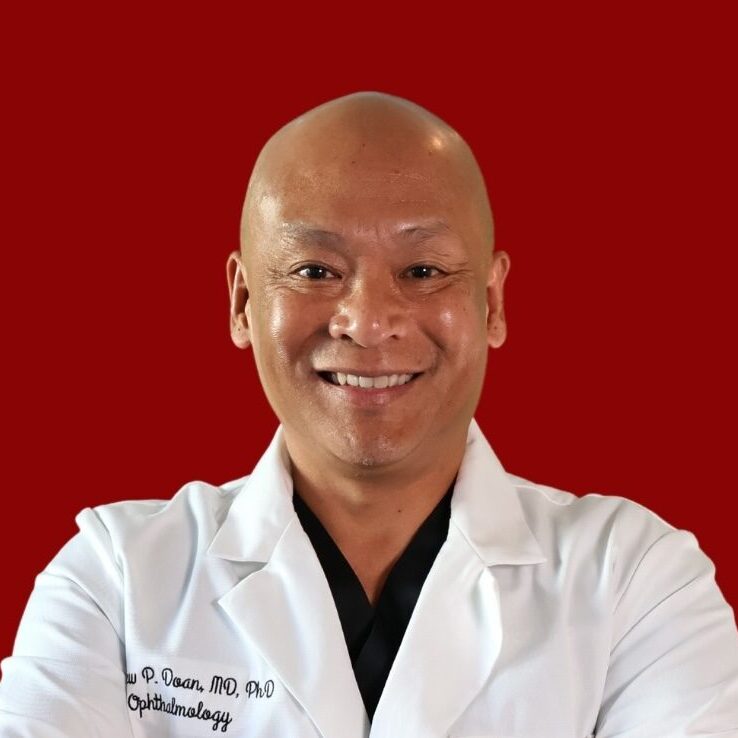I am a physician, researcher, and educator with extensive expertise in medical sciences and online research methods. With over 20 years of experience, I am passionate about empowering individuals to make informed health decisions. In this article, I discuss how you can adopt the thought processes of a medical professional, enabling you to research health-related questions effectively and make confident decisions about your well-being.
My career combines a foundation in rigorous medical training with expertise in online research and education. After earning my medical degree and Ph.D., I pursued a career in ophthalmology and neuroscience, applying cutting-edge research techniques. As an educator, I use his experience to bridge the gap between professional medical research and public health literacy.
The internet has transformed how both doctors and patients access information. While physicians rely on trusted sources, patients often encounter misinformation online. I emphasize that knowing where and how to look for accurate information is crucial for informed decision-making.
Tip #1: Use Google Strategically
Google is a powerful tool when used wisely. I suggest starting with trusted sources such as major hospital websites (e.g., Mayo Clinic, Johns Hopkins) or government health portals. Include terms like “site:.edu” or “site:.gov” in your searches to filter reliable content.
Tip #2: Consult Medical Textbooks and Apps
Doctors often use digital medical resources like UpToDate and Medscape for quick reference. While these platforms may require subscriptions, free alternatives like MedlinePlus or the Merck Manuals provide accurate and accessible information to the public.
Tip #3: Reference CDC and WHO Resources
The Centers for Disease Control and Prevention (CDC) and the World Health Organization (WHO) are gold standards for public health guidelines. I recommend these organizations for information on vaccines, infectious diseases, and global health initiatives.
Tip #4: Use PubMed for Research Papers
PubMed, maintained by the National Library of Medicine, is a go-to database for peer-reviewed medical literature. Searching for reviews or meta-analyses can help patients understand the broader context of medical studies.
Tip #5: Gain Clinical Perspective
Doctors rely on clinical experience to interpret research and apply it to real-world cases. While patients lack this expertise, they can benefit from consulting with healthcare professionals who can explain complex topics and share insights.
Tip #6: Weigh Costs of Treatment
Financial considerations are an integral part of medical decision-making. I advise patients to research treatment costs and insurance coverage to avoid surprises.
Tip #7: Evaluate Risks vs. Benefits
Understanding the risks and benefits of any treatment is essential. I encourage patients to ask their doctors about alternative treatments, potential complications, and outcomes to make informed choices.
Conclusion
My seven techniques provide a roadmap for thinking like a medical professional. By leveraging trusted resources and adopting a critical mindset, you can confidently navigate medical questions and advocate for your health. For more insights, explore my educational content on YouTube.


Leave a Reply